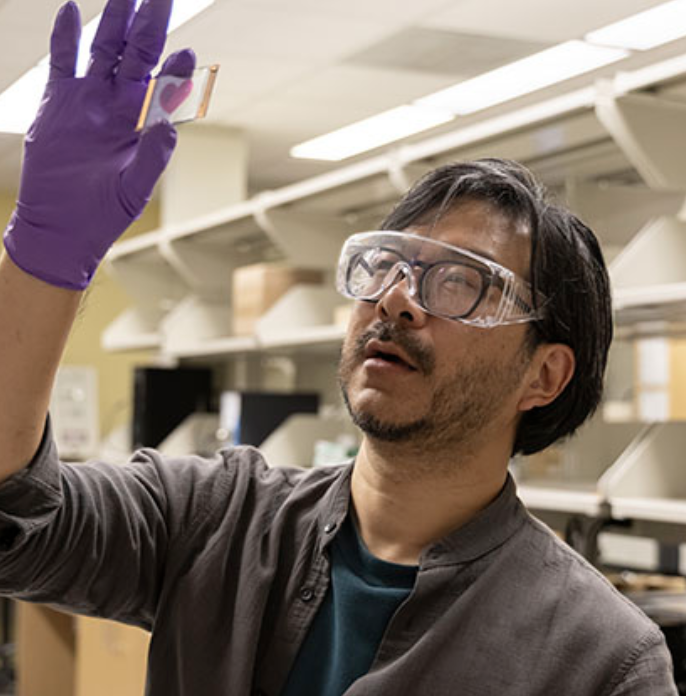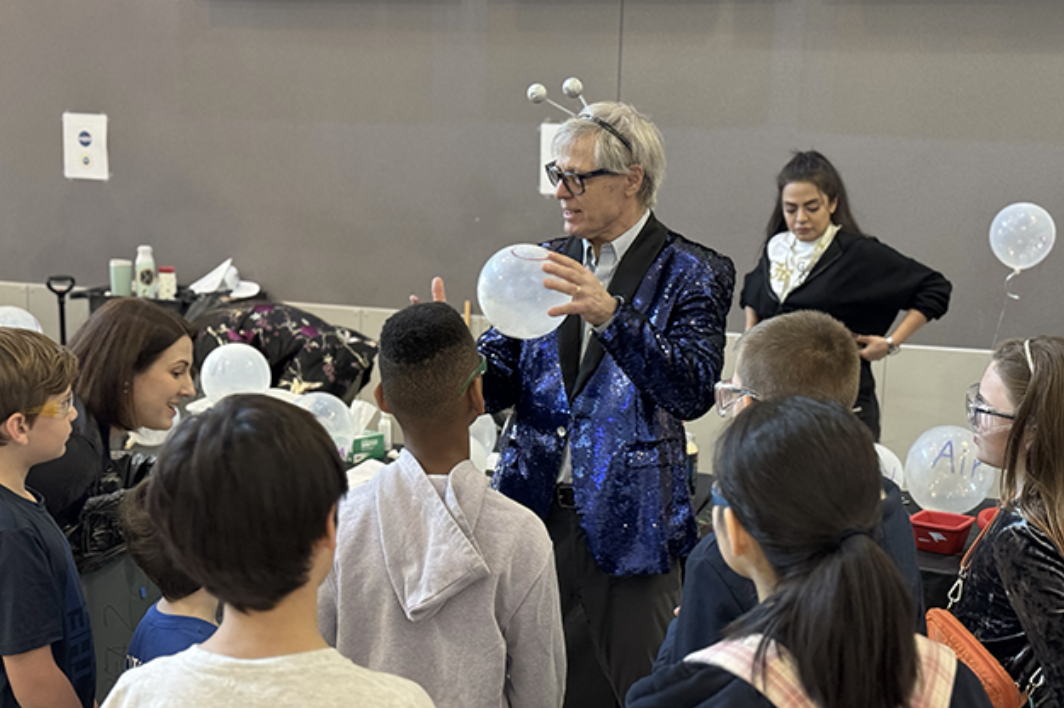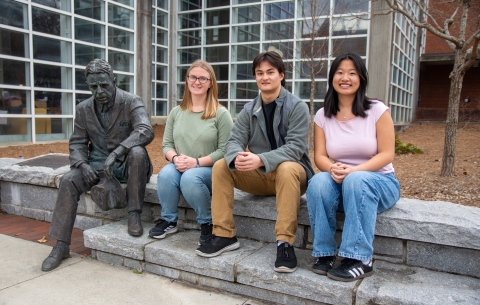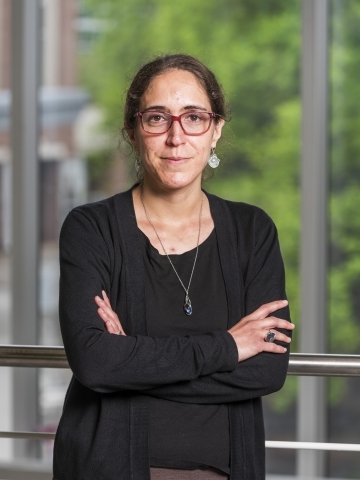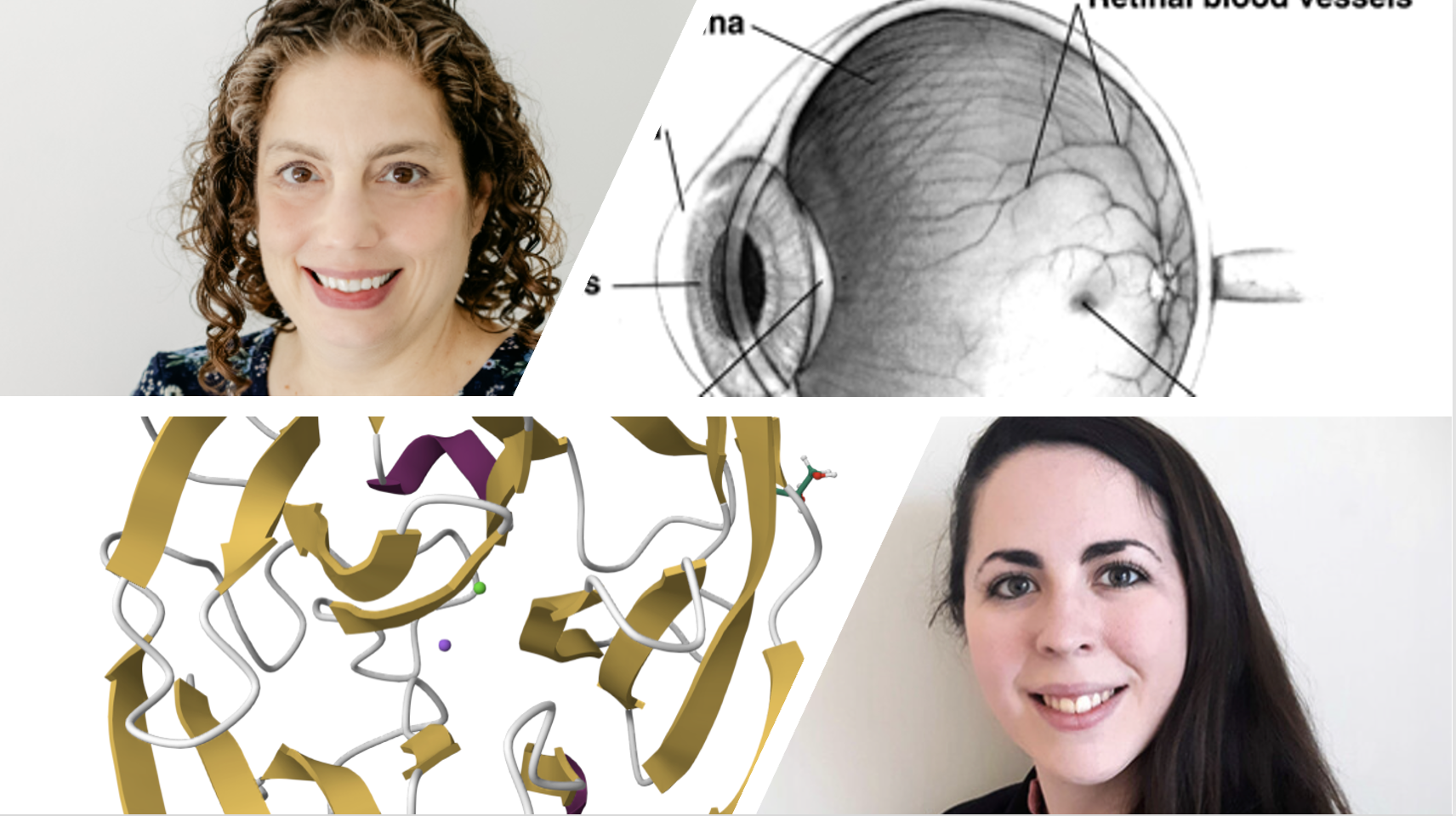
 | Research from the School of Chemistry and Biochemistry: January 2026Browse abstracts and journal articles published by Chemistry and Biochemistry faculty in January 2026. |
News
Events
Experts in the news
The rate at which artificial intelligence is able to replicate human behavior has increased in recent years. Does that mean it's thinking like us? The third episode of "Brainwaves" explores what artificial intelligence teaches us about our own capacity for thought. The episode includes expert commentary from Anna Ivanova, assistant professor in the School of Psychology.
WBUR On PointCan Alzheimer’s disease be slowed by flickering lights and sound?
That is the question that drives Annabelle Singer, a McCamish Foundation Early Career Professor in the Wallace H. Wallace H. Coulter Department of Biomedical Engineering at Georgia Tech and Emory University. In her lab on Tech’s campus in Atlanta, Singer is trying to better understand patterns of neural activity in the brain and what goes wrong with Alzheimer’s patients. Building on that knowledge, she hopes to develop new ways to treat the disease.
“We are taking a really different approach to Alzheimer’s,” she said. “We’ve determined how neural activity that is essential for memory fails in Alzheimer’s disease. We’re then using that information to develop brain stimulation that could improve brain health.”
CNNFlu rates are still high in Georgia this month but appear to be dropping slightly as people resume regular schedules after the winter holidays.
Vaccination remains the best way to protect against the flu, said M.G. Finn, a professor of biochemistry at Georgia Tech and an expert in viruses and immunology.
Finn said there is a gap between this year’s vaccine and the variant of flu that is circulating widely, in part because scientists design the vaccine well in advance of the flu season. Still, the vaccine reduces the risk of hospitalization by about 40%, he said, making it a valuable tool for protecting health.
“You want to bias the odds in your favor of not getting seriously ill if you happen to come across somebody who has the flu, and you want to minimize the chances of you passing it along to people around you,” Finn said. “It’s completely and utterly safe, so there is no risk whatsoever for taking it.”
Healthbeat Atlanta